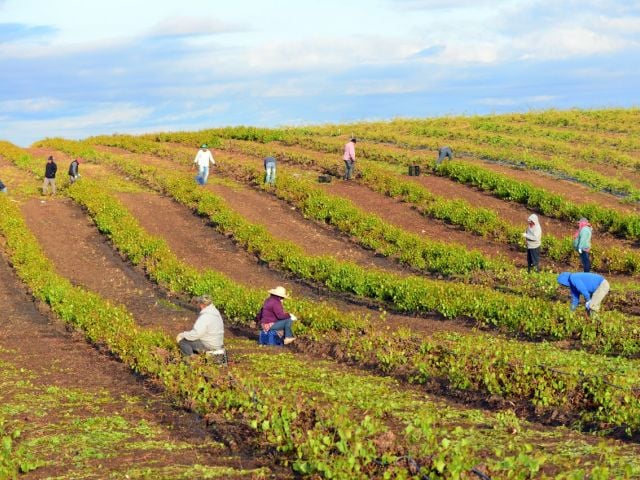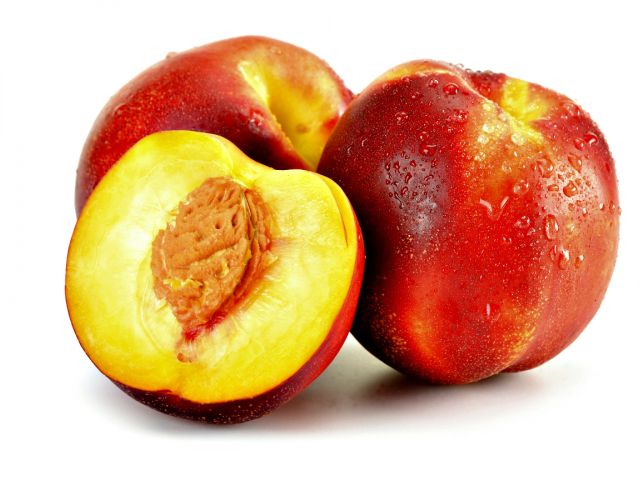Paraquat disproportionately threatens California’s low-income Latino communities

Displaying 409 - 432 of 1523

The Food and Drug Administration plans to start testing food for traces of glyphosate, the world's most commonly used pesticide. I know what you're thinking: the federal government wasn't doing that...

In a unanimous vote today, the California Water Resources Control Board adopted a stringent, health-protective drinking water limit for 1,2,3-trichloropropane, or TCP, an extremely potent carcinogen...
News Roundup (5/11): Here's some news you can use going into the weekend.


Below and attached are comments EWG has submitted to the California Office of Environmental Health Hazard Assessment on the agency’s proposed No Significant Risk Limit for human intake of Monsanto’s...

We've long suspected that organic soybeans are better for the environment than conventional soybeans grown with synthetic fertilizers and pesticides. Now, we know how much better.

The Environmental Working Group is disappointed that General Mills and the Quaker Oats Company have brushed aside consumer health concerns raised by new research that found the cancer-causing weed...



We the undersigned organizations strongly urge the Environmental Protection Agency to weigh heavily the decision last week by the World Health Organization to categorize glyphosate (trade name...
Today, on the eve of farm bill consideration by the Senate Committee on Agriculture, EWG is launching an unprecedented campaign to remind Congress that our land, our food, our families, and our farms...

Based on the evidence presented, the millions who watched the original broadcast might well have answered Walters' questions in the affirmative. After viewing the segment, Walters said she might “cry.” The ABC News investigation seemed to offer compelling proof that millions of consumers were very wrong, indeed, about the benefits of organic food. Even more consumers saw the program when ABC News


As a cancer epidemiologist, I've spent a lot of time researching the links between environmental contaminants and cancer. One of the pitfalls of the Digital Age is that people come across a lot of...

